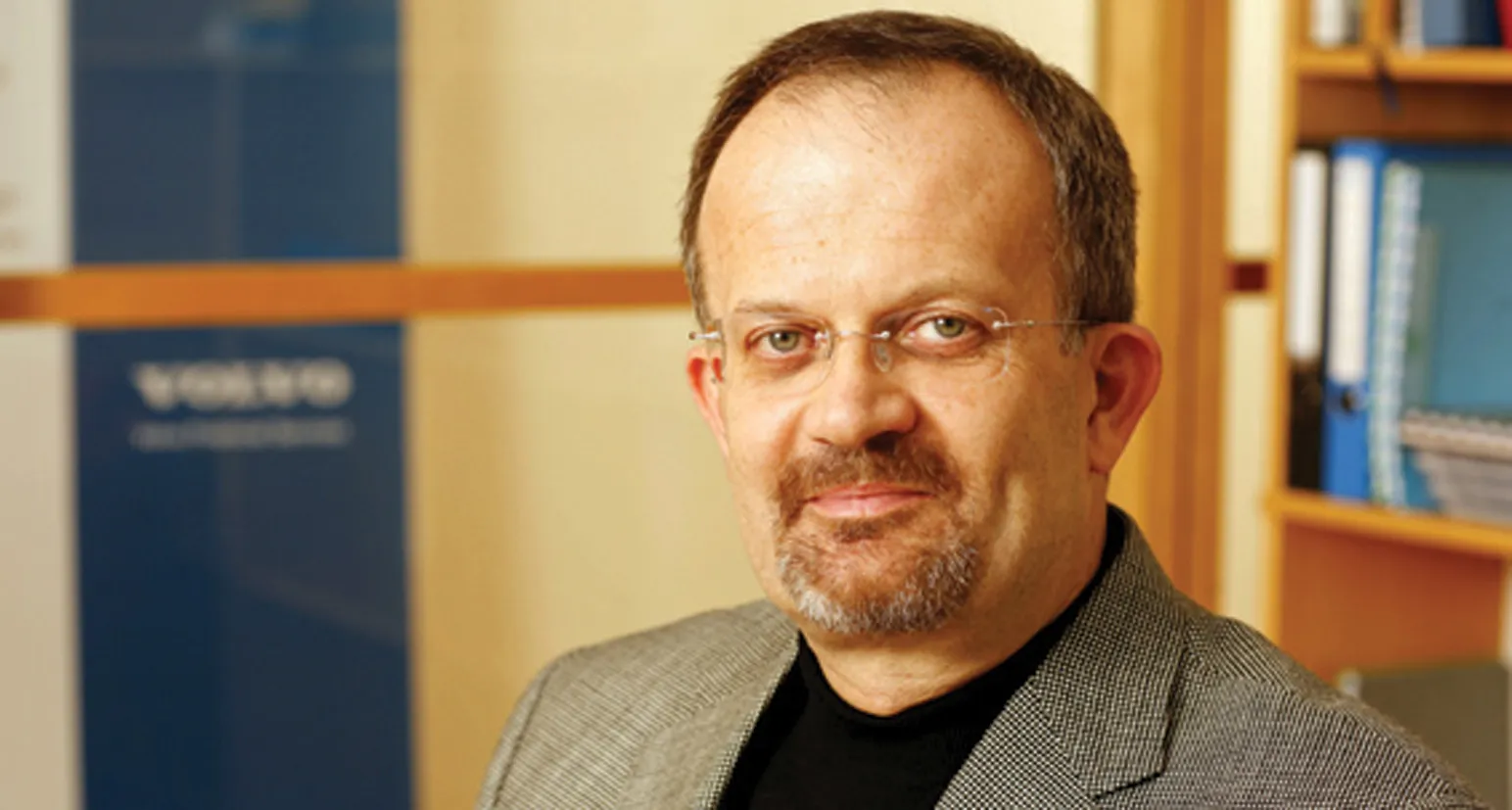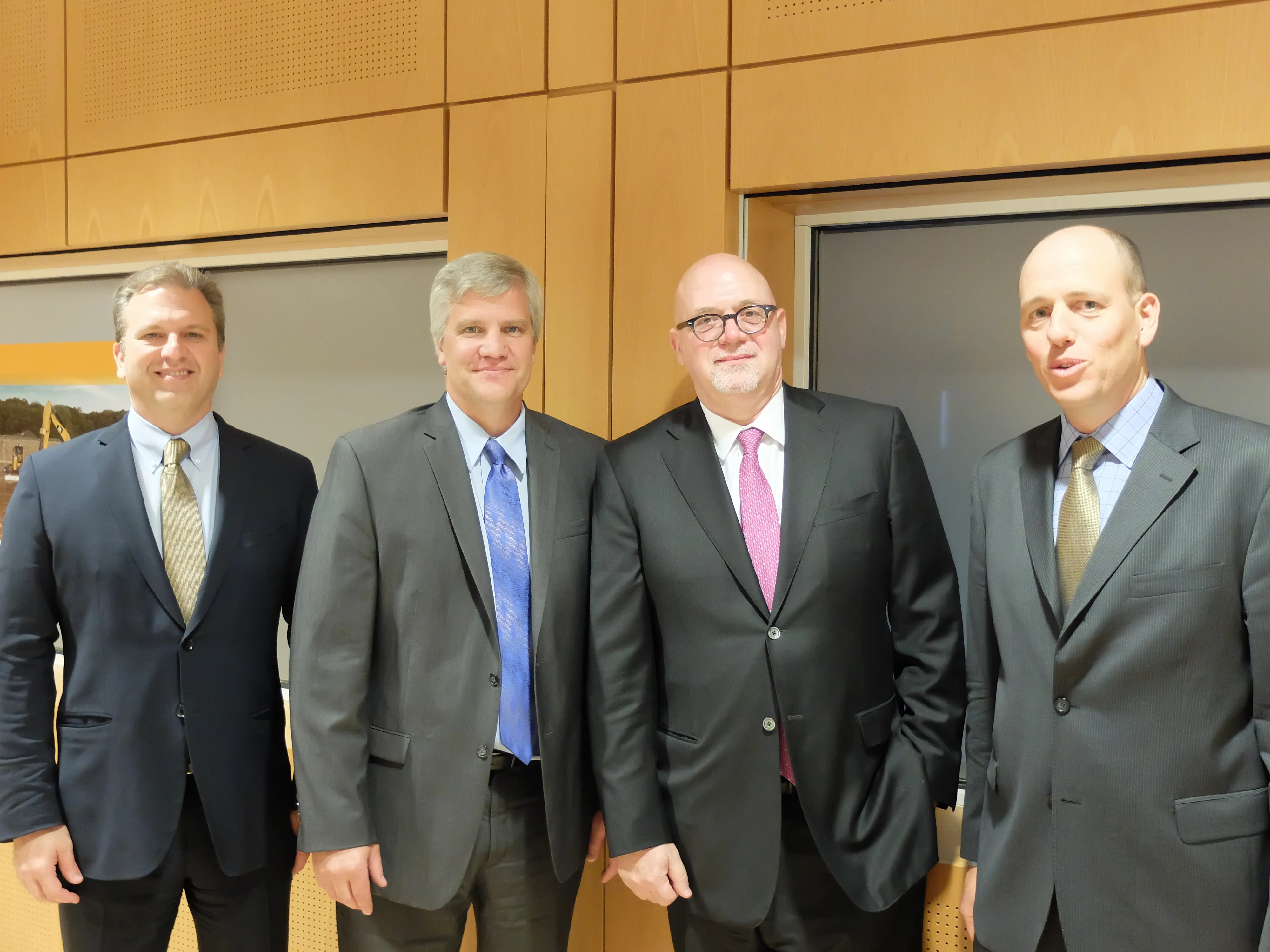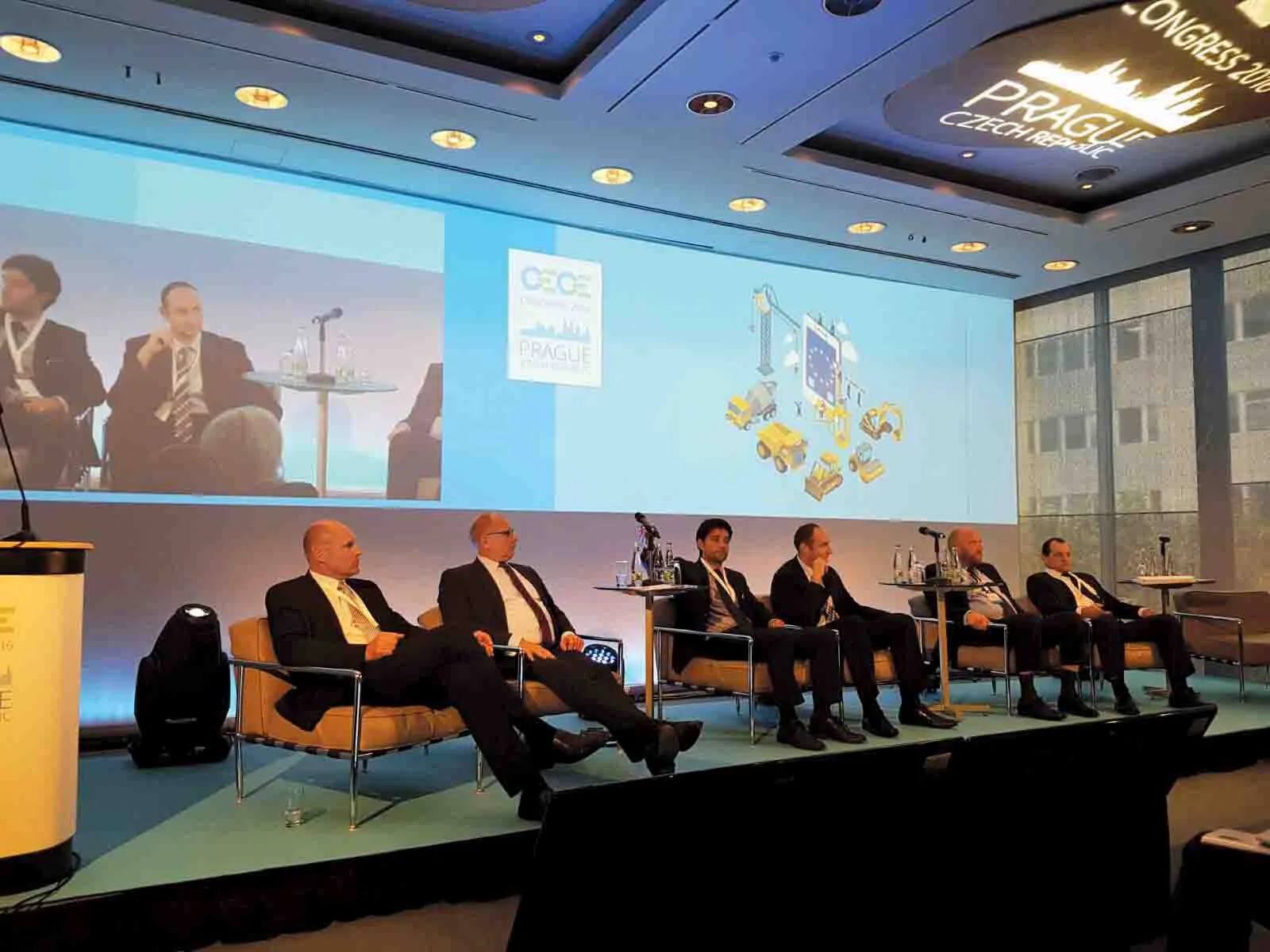Centralised asset management, more use of the latest machine and worksite technology, and deploying value added logistics in machine delivery will enable the construction equipment industry to build on slow world market growth, a panel of expert speakers told attendees at the Construction Equipment World Economic Forum (CEWEF) 2012 The key industry event in Brussels saw more than 130 representatives from across the international construction equipment world given a forecast of 3.5% global growth for their i
November 30, 2012
Read time: 3 mins

Centralised asset management, more use of the latest machine and worksite technology, and deploying value added logistics in machine delivery will enable the construction equipment industry to build on slow world market growth, a panel of expert speakers told attendees at the Construction Equipment
“The economic crisis we are in today means that assets are an expensive commodity that need to be managed. If there is a way of reducing the costs of those assets, that has to be the way forward.
“I would advocate centralising control of your fleet. That way you understand the assets that you own, you will have one truth and the whole picture. You also need a standard approach to the way you procure your fleet, and a standard maintenance regime.”
In keeping with this year’s CEWEF theme of Innovations and Opportunities in the Construction World, Carl Lockwood, senior vice president strategy & business development at
“The [technology] system decoupling is happening now. Business is shifting from products to functions and values,” he said. During a later panel discussion on how to change working cultures to encourage innovation, he added: “I think the key thing is cultural change is driven from the top. If you don’t walk the talk, you don’t get the results.”
Other speakers at the prestigious forum held between October 1-2 were Bart Witzier, business development manager at Van der Vlist Transport Group, a Dutch company which includes leading industry names such as
Ulrich Hermanski, European sales and marketing director at
“I think at
Hermanski also described how Topcon had a Germany based project working with universities and software companies on how machines can be made more automated.









